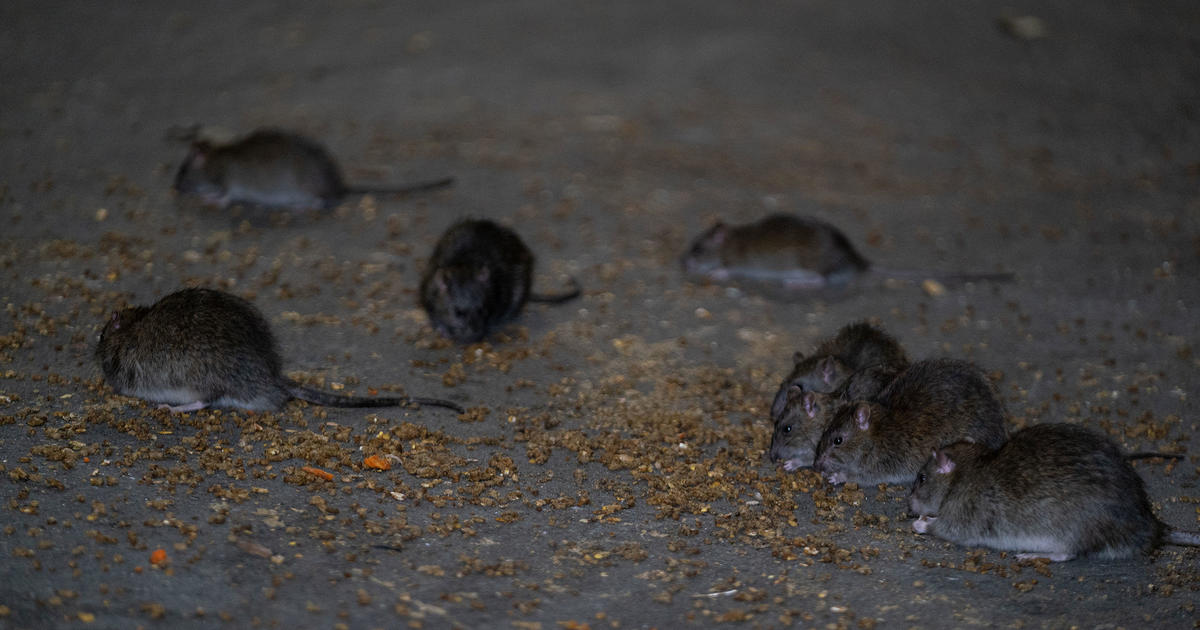New York AG: Something Fishy With Fish Labels
NEW YORK (CBSNewYork/AP) -- That wild sockeye salmon in the refrigerated aisle may be straight from the fish farm.
New York Attorney General Barbara Underwood says in a report released Friday that more than one-fourth of the seafood her office sampled in a statewide supermarket survey was mislabeled, reports CBS2's Jennifer McLogan.
CLICK HERE TO READ THE FULL REPORT
Underwood says mislabeling of certain popular species was rampant. She says farmed salmon was frequently sold as wild and fish sold as red snapper or lemon sole was more likely to be a different kind of fish than the real thing.
"It's clear that seafood fraud isn't just a fluke – it's rampant across New York," said Underwood. "Supermarkets are the last line of defense before a phony fish ends up as family dinner, and they have a duty to do more. Yet our report makes clear that New Yorkers may too often be the victim of mislabeling. We're taking enforcement action, and consumers should be alert and demand that their supermarket put customers first by taking serious steps to ensure quality control at their seafood counters."
The attorney general says supermarkets have a duty to vet their seafood suppliers more thoroughly.
Among the key findings, according to the attorney general's office:
- More than one in four (26.92%) seafood purchases with an identifiable barcode was mislabeled. About two-thirds of the supermarket brands reviewed had at least one instance of suspected mislabeling.
- A small subset of supermarket brands was responsible for a vastly disproportionate share of suspected mislabeling. Of the 12 chains with 10 or more samples tested, five had rates of suspected mislabeling that exceeded 50%, including Food Bazaar, Foodtown, Stew Leonard's, Uncle Giuseppe's, and Western Beef. These five received enforcement letters from OAG seeking further information, including on their seafood quality control practices, and could face financial penalties.
- While mislabeling affected virtually every tested seafood category, there was rampant mislabeling found in certain species. The results suggest that consumers who buy lemon sole, red snapper, and grouper are more likely to receive an entirely different fish. Similarly, consumers who bought "wild" salmon often got the farm-raised seafood they had paid on average 34% more to avoid.
- The substitutes were typically cheaper, less desirable species. Snappers sold as red snapper, for example, tended to sell for half as much when properly labeled as another type of snapper. Some substitutes (e.g., lane snapper) had higher mercury levels or came from less sustainable fisheries than the intended species, raising consumer safety and environmental sustainability issues.
- Seafood mislabeling occurred across most regions of New York, but was most widespread downstate. New York City had a staggering mislabeling rate (42.65%) across all samples tested, with similarly high rates of mislabeling on Long Island (40.63%) and an only slightly lower rate in Westchester and Rockland Counties (32.43%).
Ledell and Annette Rountree make it a practice to forego their local grocers and drive to Freeport's Nautical Mile each week where boats are bringing in fresh catch of the day.
"I like the fish market, I can see the fish and pick the ones that I want," said Annette. "They are not in a package and I can tell they are fresh."
Each of the markets cited in the report is cooperating fully and claims any mislabeling was an honest mistake, saying
they depend on their suppliers for accuracy.
Respected fishmonger Gerard Bracco said dishonesty from some gives his industry a bad name.
"They soak it in salt water, brines and various chemicals to try to keep a shine on it, keep it looking fresh," said Bracco of Captain Ben's Fish Market.
(© Copyright 2018 CBS Broadcasting Inc. All Rights Reserved. The Associated Press contributed to this report.)



